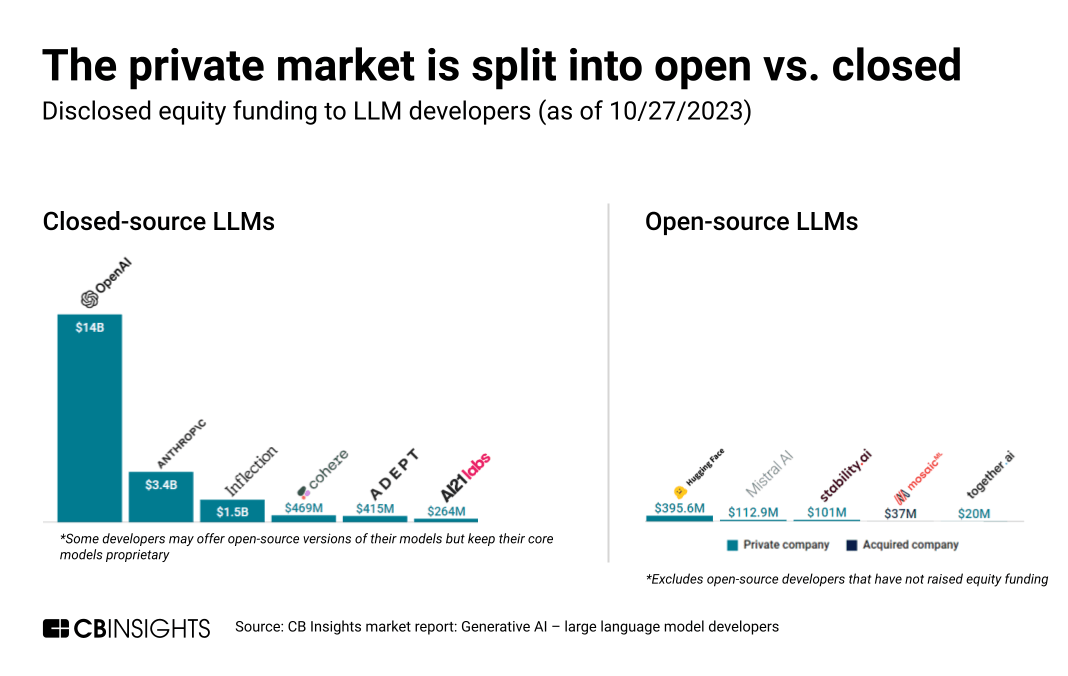Meta CEO Mark Zuckerberg Criticizes Tech Companies Pursuing a...
In the fast-changing world of artificial intelligence (AI), many tech companies are racing to create the most advanced AI. However, Meta CEO Mark Zuckerberg has raised concerns about this trend. His views encourage us to consider how AI development should focus on serving everyone rather than aiming for one all-powerful AI. Mark Zuckerberg has voiced his disapproval of the tech industry's pursuit of developing a single, super-intelligent artificial general intelligence (AGI) that surpasses human capabilities.
Zuckerberg's Concerns
In a recent interview with YouTuber Kane Sutter, Zuckerberg expressed his concerns, describing the goal of creating "one true AI" as unrealistic and comparing it to an effort to "create God." He noted that this idea is impractical because it doesn't account for people's varied needs and interests. Zuckerberg has called for creating various AIs designed to handle different tasks and address a range of interests.

Advocacy for Open-Source AI
He criticized the use of closed AI platforms and highlighted the advantages of open-source AI. He believes that open-source tools are valuable because they offer broader access and encourage people to develop different AIs to meet their own needs or those of others.
Challenges Faced by Meta
Meta has faced several challenges in its AI journey, such as Apple's refusal to incorporate Meta's AI systems and an influx of AI-generated content on Facebook. Despite these setbacks, Mark Zuckerberg remains hopeful about AI's potential to boost productivity and creativity.
Future of AGI
Industry leaders are split on the future of AGI. OpenAI CEO Sam Altman believes AGI could emerge in the "reasonably close-ish future," while IBM's Grady Booch doubts it will ever happen. Amid these differing opinions, Zuckerberg argued that AGI should not be dominated by a single company or limited to one AI model. Meta is currently developing Llama 3, an open-source large language model (LLM) designed to be a foundation for developers, researchers, and businesses to create their own AI tools.

Zuckerberg's Vision
Zuckerberg asserted that AI's impact on jobs and creativity should be positive and emphasized the need for continuous learning and adaptability. He cited AI's potential to boost productivity, especially among creators like social media influencers. Meta aims to develop tools that empower a broader range of individuals, expanding creative possibilities with advanced technology. Zuckerberg's stance on the development of artificial intelligence reflects a broader call for diversity and accessibility in the tech industry.
Responsible Innovation
By advocating for multiple, task-specific AIs and promoting open-source platforms, he highlighted the importance of catering to society's diverse needs rather than pursuing a singular, all-powerful AGI. Despite facing challenges, Zuckerberg remained optimistic about AI's potential to enhance productivity and creativity, striving to position Meta as a leader in this rapidly evolving field. As industry leaders continue to debate AGI, Zuckerberg's vision underscored the need for responsible innovation and inclusive technological advancement.










